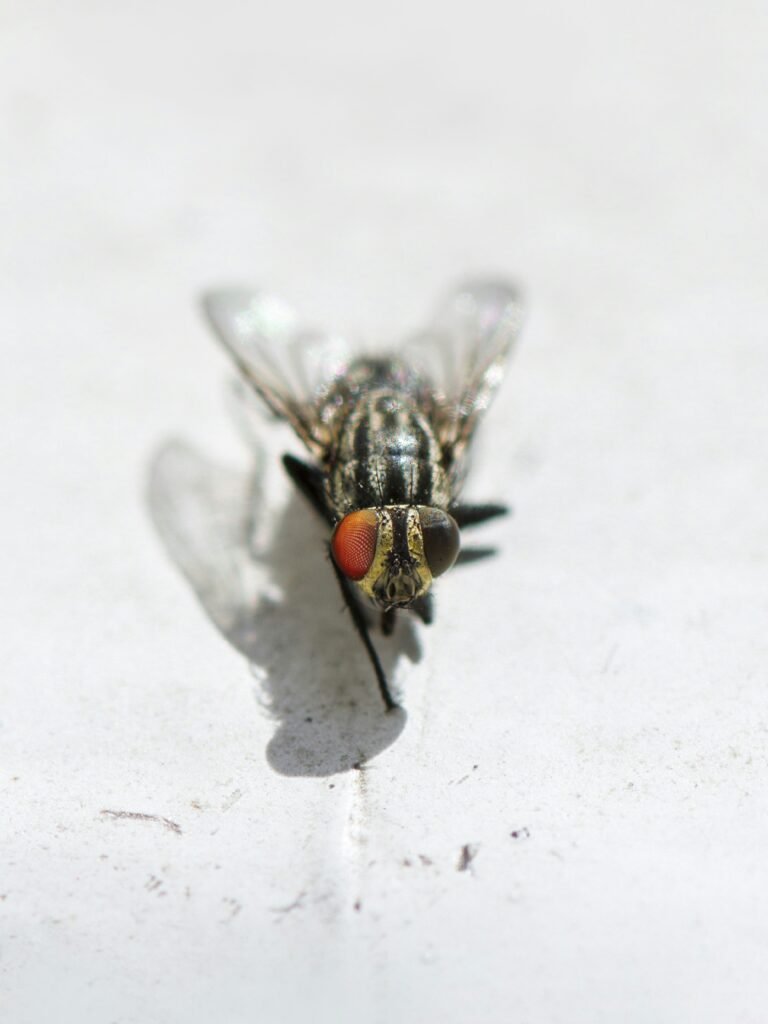
All About Mosquitoes: Bites, Repellents, and Elimination
Mosquitoes are pesky insects that can ruin outdoor activities and even pose health risks. Understanding their behavior, the dangers they present, and effective ways to protect yourself is essential. In this article, we will provide you with all the information you need about mosquitoes, their bites, and the best repellents and sprays to eliminate them.
Mosquito Bites: Causes and Concerns
When mosquitoes bite, they inject a small amount of saliva into the skin, which can cause redness, itching, and swelling. While most mosquito bites are harmless and resolve on their own, some individuals may experience more severe reactions. These reactions can range from large welts to allergic reactions that require medical attention.
Additionally, mosquitoes are known carriers of various diseases, including malaria, dengue fever, Zika virus, and West Nile virus. These diseases can have serious consequences, especially for vulnerable populations. It is important to take precautions to prevent mosquito bites.
Preventing Mosquito Bites: Repellents and Sprays
One of the most effective ways to prevent mosquito bites is by using repellents and sprays. These products work by creating a barrier that mosquitoes find unattractive, reducing the likelihood of them landing on your skin. Here are some of the best options:
DEET-based Repellents
DEET is a widely-used active ingredient in mosquito repellents. It has been proven to be highly effective in repelling mosquitoes and other biting insects. When using DEET-based repellents, it is important to follow the instructions on the product label and avoid applying it to open wounds or irritated skin.
Picaridin-based Repellents
Picaridin is another effective ingredient found in many mosquito repellents. It provides long-lasting protection against mosquitoes and is less likely to cause skin irritation compared to DEET. Picaridin-based repellents are a good alternative for those who may be sensitive to DEET.
Natural Repellents
For those who prefer natural options, there are repellents available that use plant-based ingredients such as citronella, lemongrass, and eucalyptus oil. While these natural repellents may not be as long-lasting as DEET or picaridin-based products, they can still provide some protection against mosquito bites.
Eliminating Mosquitoes: Tips and Tricks
In addition to using repellents, there are several measures you can take to eliminate mosquitoes and reduce their population in your surroundings:
Remove Standing Water
Mosquitoes breed in standing water, so eliminating any sources of stagnant water around your home is crucial. Regularly empty and clean birdbaths, flower pots, gutters, and any other containers that can collect water.
Use Mosquito Traps
Mosquito traps can be effective in reducing mosquito populations. These traps work by attracting and capturing mosquitoes using various methods, such as light or carbon dioxide. Place them strategically around your outdoor areas to lure and trap mosquitoes.
Maintain a Clean and Tidy Yard
Regularly mow your lawn, trim bushes, and remove any debris that can provide hiding places for mosquitoes. Keeping your yard clean and well-maintained can make it less attractive to mosquitoes.
Conclusion
Mosquitoes and their bites can be a nuisance, but with the right knowledge and preventive measures, you can minimize their impact on your life. Using repellents and sprays, along with eliminating mosquito breeding grounds, are effective ways to protect yourself and your loved ones from mosquito bites. Stay informed, take precautions, and enjoy the outdoors mosquito-free!